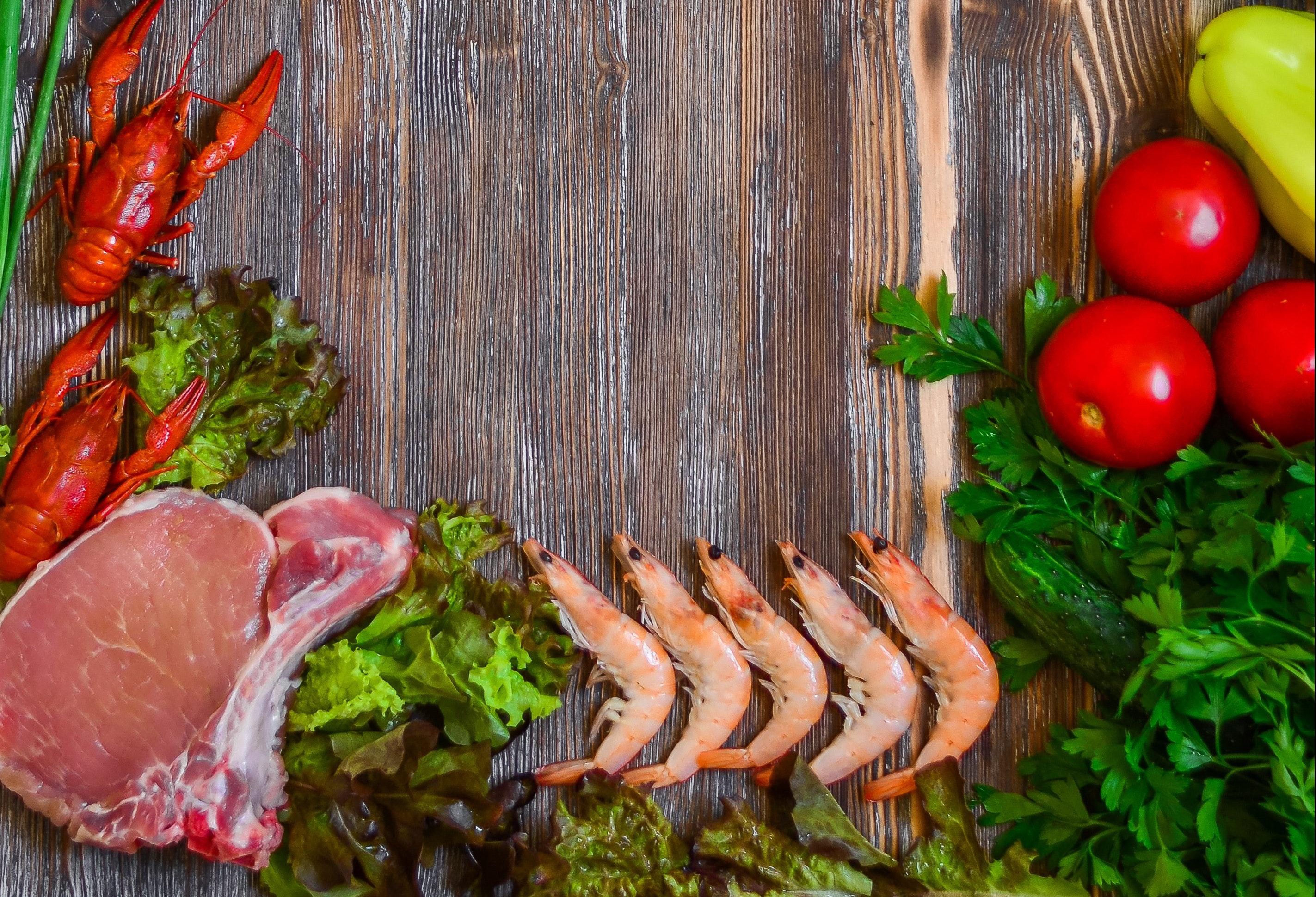Humanist Vegan Screed is Tripe

Jason Torpy argues in the American Humanist Association e-zine that “vegan priorities are humanist priorities.” His argument is a bait-and-switch–he sets you up for brie and leaves you with textured wheat gluten.
Torpy argues that humanists should be concerned about animal welfare and environmental sustainability. These are valid and uncontroversial points. Unfortunately, Torpy jumps from the idea that would shouldn’t torture animals for food to the assertion that we shouldn’t consume any animal products. For all his bombast, his arguments work just as well to establish that humanists should be ovo-lacto vegetarians, or “flexitarians” (who limit their meat intake but don’t renounce animal flesh entirely). Torpy’s on the board of the American Humanist Association, so I was expecting more than the crude guilt trip.
There are all kinds of practical and ethical benefits to eating little or no meat. But veganism seems like keeping Kosher, a way of deliberately disrupting your own life to force yourself to constantly reflect on your values. If you think that’s a good use of your time, go for it; but you’ll need better arguments if you want other people to get with your program, especially if you’re pitching humanists who don’t put a lot of stock in mystical ideals of purity.
Every humanist should agree that the American mass-produced cheap meat economy is a nightmare for workers, consumers, the environment, and animals. The disproportionate political power of agribusiness is also unhealthy for our democracy. Reforming our food system should be a humanist priority.
I try to eat a plant-based, minimally processed diet supplemented with small quantities of sustainably raised meat, dairy, and eggs. I’m a proponent of Thomas Jefferson‘s flexitarian credo of “meat as a condiment for the vegetables.” I see this as a humanist project.
Eating 90% less meat than the average American and reallocating the money I would have spent on factory-farmed meat to buy much smaller portions of ethically and sustainably raised animal products seems like a worthy and attainable goal. Yes, meat production is environmentally expensive. So is iPod production, yet many vegans own iPods. Unless you want to argue that we should all be maximally ascetic in every aspect of life, it seems unfair to single out the occasional grass-fed steak as an unacceptable extravagance. What matters is your total footprint. If you really want a steak, or an iPod, find somewhere else to cut back.
Maybe it would be morally superior to be an ovo-lacto vegetarian. Though, I doubt that chickens and cows are capable of conceiving of their own existence over time and preferring maximal longevity. If human farmers allow them to live pleasantly and die painlessly, and other animals take their place, the arrangement seems acceptable.
These animals wouldn’t have existed if humans hadn’t bred them. Under ideal conditions, their lives could be much better than what animals endure in nature. You can see the domestication of farm animals as a kind of mutually advantageous co-evolution. The animals get taken care of, and they get to reproduce. Over the course of many generations, their horns and brains get smaller as they “outsource” some of the work of staying alive to human farmers. Of course, the animals don’t have a choice in all this. But ideals of choice and consent aren’t applicable to creatures that don’t have rational thought.
There is certainly no moral advantage to swearing off honey. Bees keep vegetable farmers in business. For that matter, why shouldn’t we keep chickens for their eggs, or cows for their milk? Again, if animals are kept humanely, it’s a mutually advantageous relationship.
Torpy is more interested in shaming meat eaters than in persuading them. “Animals taste good, too. It may be a rotting carcass, but it can be so tasty with just a bit of proper cooking and seasoning,” he writes.
Yes, they’re carcasses, and yes they’re tasty. But unless your omnivory runs towards hákarl, Icelandic “putrefied” shark–or supermarket ground beef–it’s not usually rotten. Even hákarl fans have limits. “Don’t try this at home unless you know what the end product is supposed to taste like. Putrefied shark can become spoiled,” states Jo’s Icelandic Recipes in large red type.
Pleasure is central to humanism. We only live once, so we’d better enjoy it. Yet, sometimes, I think even humanists underrate the moral importance of sensual pleasure. We tend to downplay it compared to other more “serious” goods.
I am not willing to give up the pleasure of cooking my grains in homemade chicken broth. I’m just going to come right out and say it: My delight in a pot of chicken stock, and the delight of all the people I share it with, is worth more than the life of a barely self-aware chicken.
Please understand, I cook delicious vegan dishes every day. I know plenty of people who are fully sensually satisfied on a vegan diet. I will simply never be one of them.
Trying to get people to give up meat by telling them that all flesh is rotten is like trying to shame people into abstinence by insisting that all sex is dirty. It doesn’t work and it undercuts your credibility because it’s obviously not true. There’s rotten meat (and unsafe sex) out there–but that’s as good an argument for being discriminating as it is for being abstinent.
[Photo credit: Cheryl, Creative Commons.]





